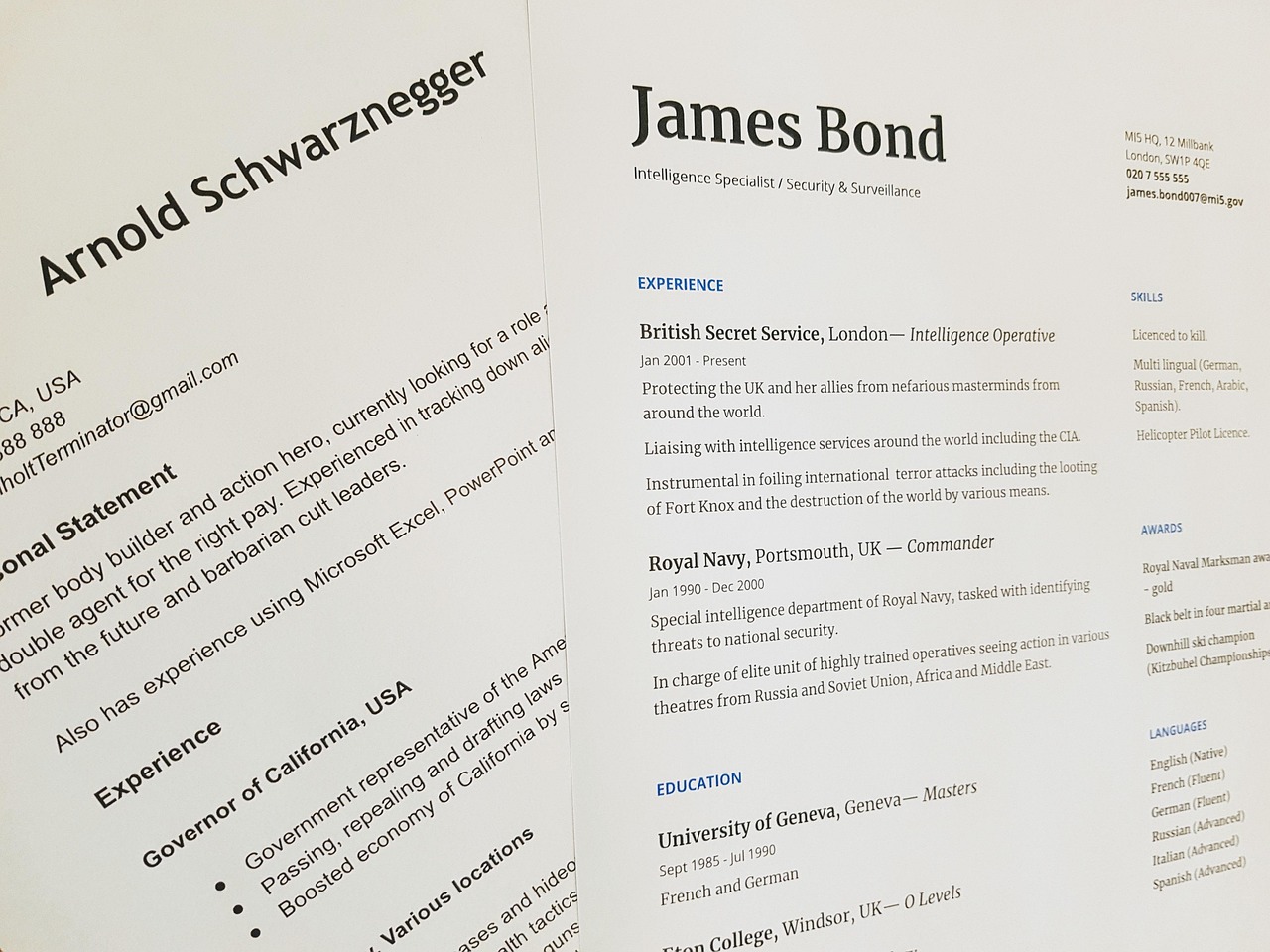Recruitment and Workforce Management in the Estonian Construction Industry
Estonia's construction sector is experiencing significant growth, creating numerous opportunities for both employers and job seekers. Understanding the recruitment landscape and workforce management practices in this dynamic industry is crucial for companies and professionals looking to establish themselves in the Estonian construction market.

What Are the Leading Construction Companies in Estonia?
The Estonian construction industry is dominated by several major players that consistently rank as top employers. Merko Ehitus, Estonia’s largest construction company, is known for its comprehensive benefits package and professional development opportunities. Other prominent companies include Nordecon, YIT Estonia, and RAND & TUULBERG, all of which offer competitive employment terms and stable work environments.
How to Start Your Construction Career in Estonia?
Finding a construction job in Estonia involves several key steps:
-
Obtain necessary qualifications and certifications
-
Learn basic Estonian language skills
-
Register with the Construction Register (Ehitisregister)
-
Create profiles on job portals like CVKeskus and Work in Estonia
-
Network with industry professionals through LinkedIn and local construction associations
What Skills and Qualifications Are Most in Demand?
Estonian construction recruiters primarily seek candidates with:
-
Technical knowledge in specific construction disciplines
-
Digital competency with BIM and construction management software
-
Health and safety awareness
-
Project management capabilities
-
Environmental sustainability expertise
-
Strong communication skills
-
Experience with prefabricated construction methods
How Does the Estonian Construction Labor Market Function?
The Estonian construction sector operates within a highly regulated framework. The Construction Act (Ehitusseadustik) governs professional qualifications and work standards. The industry employs both permanent staff and seasonal workers, with many companies utilizing both local and international talent pools to meet their workforce needs.
What Are the Current Industry Trends and Challenges?
The Estonian construction industry is experiencing several significant developments:
-
Increasing adoption of digital construction technologies
-
Growing focus on sustainable building practices
-
Skills shortage in specialized technical roles
-
Rising demand for energy-efficient construction expertise
-
Integration of smart building technologies
What Are the Typical Salary Ranges and Benefits?
| Position Level | Average Monthly Salary (EUR) | Common Benefits |
|---|---|---|
| Entry-level | 1,200-1,500 | Health insurance, training |
| Mid-level | 1,800-2,500 | Company vehicle, bonuses |
| Senior/Manager | 2,800-4,000+ | Performance bonuses, shares |
Prices, rates, or cost estimates mentioned in this article are based on the latest available information but may change over time. Independent research is advised before making financial decisions.
The Estonian construction industry offers competitive compensation packages, with salaries varying based on experience, specialization, and company size. Benefits typically include health insurance, professional development opportunities, and performance-based bonuses. Some companies also provide housing allowances for international workers and relocation assistance.
The sector continues to evolve with technological advancements and sustainable construction practices, creating new opportunities for skilled professionals. Success in the Estonian construction industry requires a combination of technical expertise, adaptability, and commitment to continuous learning.






